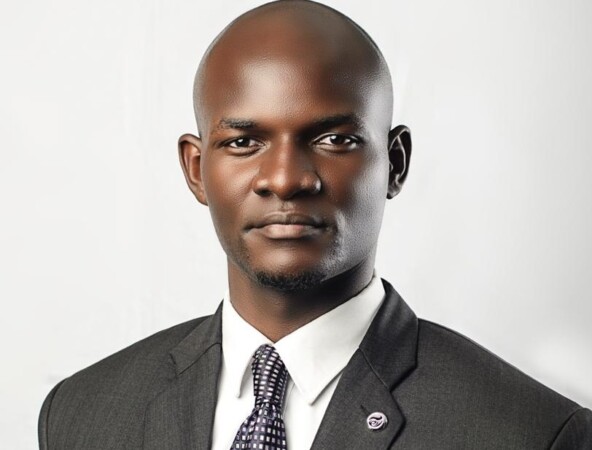OPINION: Founded as a small department in the faculty of Social Sciences in 1968, the Makerere School of Law now prides itself as one of the biggest and best law schools in Africa. The school’s first graduating class (1968-71) was made up of a handful of 17 male and 6 female students. The class of 2020, boasted a total of over 400, with a 40 percent female enrolment rate.
However, in recent years, there has been concern regarding the dropout of students at the Makerere School of Law as the number of students that graduate is less compared to those that were admitted. In 2012, 281 students were admitted and 247 graduated in 2017. The class of 2016 had 361 students in the 2019/2020 academic year and 276 graduated in 2021. This disparity between admissions and graduation statistics is partly due to the dropout of students from the course, and is occasioned by a number of factors as discussed below.
Any law course is very demanding. Some of the students that drop out find that they cannot fulfill the demands of pursuing a law degree because law school is a grind. It requires that you read, comprehend, and apply different logical processes and analyses more quickly than you have before. For example, in the very first lecture, at law school, students are expected to have read the various cases and statutes on their reading list so as to make an intelligent analysis of the law. This process continues throughout law school and for some, its impact on their mental health can result into them dropping out.
The lack of realistic preparation, structured mentorship and advisory support leads to drop out. The lack of a pre-defined set of mentoring goals or milestones that provide a sharp focus for both mentors and mentees to work on across a specified timeline means that any guidance law students receive is developed “organically”, where content and method of delivery emerge and vary across time without having a clear focus like tracking the holistic progress of a student through his time at law school instead of simply focusing on condemning them for performing poorly in class. Therefore, the absence of such a system leaves many to learn simply from trial and error which can result into them making choices that result into them dropping out of law school because they lacked proper mentorship.
Similarly, the high failure rate (averaging about 75%) at the Law Development Centre is a discouragement thereby influencing them to drop-out. More still, when some of the students observe the high failure rate of their “elders” that is to say, those in class years ahead of them both at law school and at the Law Development Centre, who they might have looked upon as inspirations and mentors and without anyone else to trust and confide in, they too drop out.
Comparatively, an LLB in Makerere University is more expensive than other law schools. For example, at Kampala International University it costs 1,517,000 and 1,200,000 at Gulu University per semester while that at the Makerere School of Law is 1,916,303 per semester compared to 1,490,458 for a 4-year Journalism course at Makerere. This tuition is higher than most 4-year practical scientific courses at the College of Engineering, Design, Art and Technology which cost 1,756,611 per semester. Some students who cannot afford tuition have no recourse than to drop out and find a source of funds before they return. Furthermore, Law School reading material is quite expensive and voluminous with essential literature costing up to 600,000 UGX like the Black’s Law Dictionary.
Furthermore, some students drop out due to pregnancies which can result into missing of papers, worsening the academic stress of being in law school. For example, a law student who dropped out of law school at the age of 19 after she became pregnant. This created a lot of mental strain which was further worsened by the graduation of her classmates. Feeling left behind and ashamed, she chose to drop out of school of law.
To tackle the challenge of students dropping out from Law School, tuition fee rates and increments should be revised. For instance, the recent step by the University to suspend the 15% fees increments policy on newly admitted students is a positive gesture. The management of the School of Law should create and develop a mentorship system that connects students to existing professionals with the purpose of offering professional guidance and academic support.
The author; Joshua Williams Mukisa is a member of the National Christian Students Association (NCSA Youth).
If you would like your article/opinion to be published on Uganda’s most authoritative news platform, send your submission on: [email protected]. You can also follow DailyExpress on WhatsApp and on Twitter (X) for realtime updates.



